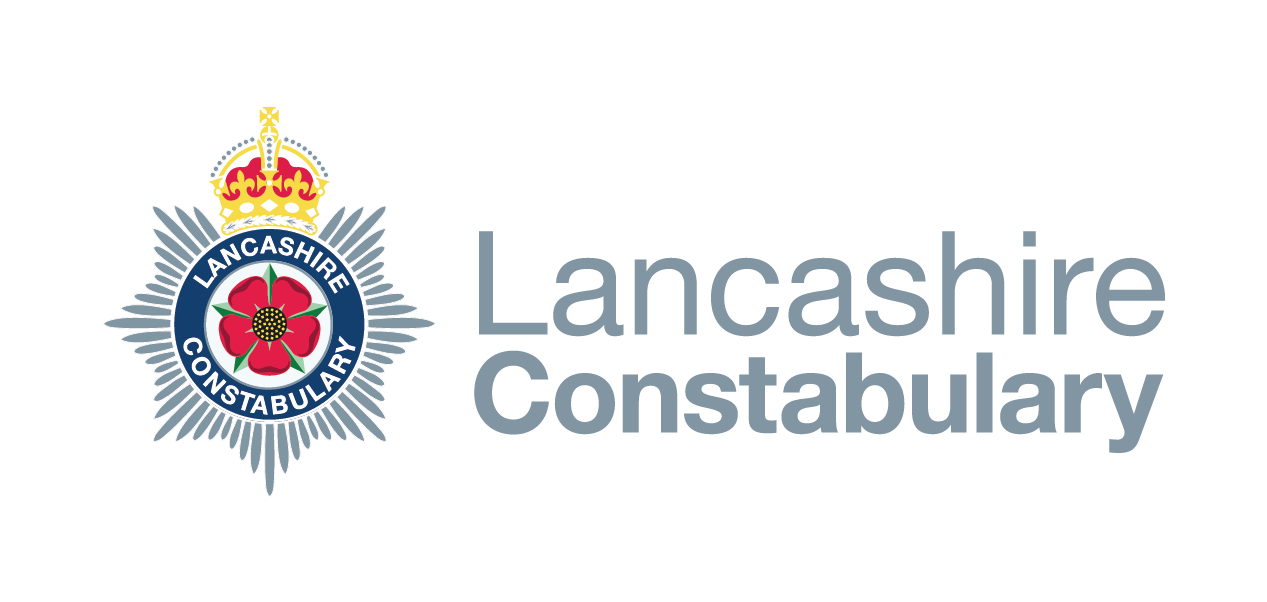Stop and Search Q&A
Stop and Search Q&A
Here are the answers to our most frequently asked questions about stop and search.
Just click on the question to find the answer.
What is stop and search?
Who can carry out a stop and search?
What are ‘reasonable grounds’?
What questions could I be asked in a stop and search?
Can I be asked to remove clothing?
What are my rights?
Can I refuse to be searched?
Why me?
Can my vehicle be searched?
What stop and search policies are in place?
What isn’t a stop and search?
What can I do if I’m unhappy with how I’ve been treated?
How can I give positive feedback?
What is stop and search?
Stop and search is a tactic used by the police to detect crime and make communities safer.
You can be stopped and questioned by the police at any time whether you’re on foot or in a vehicle, but can only searched if the officer has reasonable grounds to suggest you’re carrying:
- Illegal drugs
- A weapon such as a knife or firearm
- Stolen property
- Something that could be used to commit a crime, for example a crowbar.
Searches are a community safety tactic and being searched doesn’t mean you’re being arrested.
Who can carry out a stop and search?
A police officer or police community support officer (PCSO) in uniform can stop you but only police officers can search you. A police officer does not have to be in uniform but they must show you their warrant (ID) card. They can search you, anything you are carrying and a vehicle.
What are ‘reasonable grounds?’
Officers need to be able to justify their reason to stop and search someone. This may be based on, but isn’t limited to:
- Time of day
- Location. For example, a crime hot spot
- The way a person is behaving, which they would need to describe in detail
- Information they’ve received. For example, that someone is regularly carrying weapons or drugs.
Grounds aren’t reasonable if they are just based on:
- A hunch
- Supposition
- Stereotyping
- Someone’s previous convictions
- Vague local intelligence. For example, ‘local target out at night’ or ‘seen acting secretively’.
What questions could I be asked in a stop and search?
A police officer could ask you:
- What your name is
- What you’re doing in the area
- Where you’re going.
You don’t have to give the officer your name and address, but it’s helpful for the police if you do and also for you if you wish to complain.
Can I be asked to remove clothing?
A police officer can ask you to take off your coat, jacket or gloves.
They may also ask you to remove anything you’re wearing for religious reasons, for example a veil or turban. They must take you somewhere out of public view to do this.
If the officer wants you to remove more than a jacket or gloves they must be the same sex as you.
What are my rights?
Before you or your vehicle are searched, an officer must make all reasonable attempts to ensure that you understand:
- Their name and/or ID number
- The police station they work from
- That you must stay and be searched
- Why they stopped you, for example if it looks like you’re hiding something
- What they are looking for, for example drugs or a weapon
- What law they think you may be breaking
- Your right to receive a record of the search or a receipt.
You should only be detained for as long as is needed to carry out the search.
Can I refuse to be searched?
Stop and search isn’t voluntary and reasonable force can be used to conduct the search.
Officers may want to search:
- Any bags you’re carrying
- Your pockets
- Anything found in your bags or pockets
- Anywhere you could conceivably conceal a weapon.
These powers are granted to the police by the following laws:
- Section 1 of the Police & Criminal Evidence Act 1984
- Section 23 of the Misuse of Drugs Act 1971
- Section 47 of the Firearms Act 1968
- Section 60 of the Criminal Justice & Public Order Act 1994.
- Section 44 Terrorism Act
Stop and search is governed by the Police and Criminal Evidence Act 1984, Code A.
Why me?
The purposes of a stop and search are to target criminals and keep our communities safe from harm. If you are stopped and searched it doesn’t necessarily mean you have done something wrong. It may be that you may simply fit the description of someone the police officer is seeking in connection with a crime, or they may suspect you, because of some other circumstances or report, you are in possession of one of the things listed earlier. Remember though that these are not all the powers that the police have to “stop and search” you – just the most frequently used ones. However, in each case the police officer must have a good reason for stopping and searching you and should tell you what this is. You should allow them to do that, or ask if it isn’t made clear.
There are some occasions when a police officer can search anyone (without them using reasonable suspicion) within a certain area, for example when it is believed that serious violence could take place there, or a terrorist threat has been identified. The authority for them to do so must come from an officer of at least the rank of Inspector and will only be granted when necessary. As normal though, the police officer should explain this to you and must be searching for items to be used in connection with the matter the power is given for.
If you are stopped and searched the police officer will try to be sensitive, discreet and quick - they will do their best not to embarrass or delay you unnecessarily. If you are in a public place, you should only be asked to take off your jacket, outer coat, or gloves. If the police want to ask you to remove more than this, or anything you wear for religious reasons such as a face scarf or turban, they must take you somewhere out of the public view. This does not mean that you are being arrested and in this case, the officer who searches you must be the same sex as you.
Can my vehicle be searched?
Stop and search powers also extend to your vehicle even if it’s left unattended.
If this happens the officer will leave a note on or in it, stating that they’ve conducted a search and with the name of the police station they work from. You can apply for a copy of the search record for up to 12 months after the search has taken place.
What stop and search policies are in place?
Here are the latest versions of our stop and search policies:
What isn’t a stop and search?
Officers can confiscate any cigarettes or alcohol in view if you are underage. This is not a stop and search.
What can I do if I’m unhappy with how I’ve been treated?
The officer should treat you fairly and with respect. If you’re unhappy with how you’ve been treated, you can lodge a complaint.
You can also complain if you feel you were treated differently because of your ethnic background, age, sex, sexual orientation, gender identity, religion, or disability.
There are several ways you can make a complaint, see our complaints page here.
How can I give positive feedback?
You can give us positive feedback on how you were treated on our compliments form.

